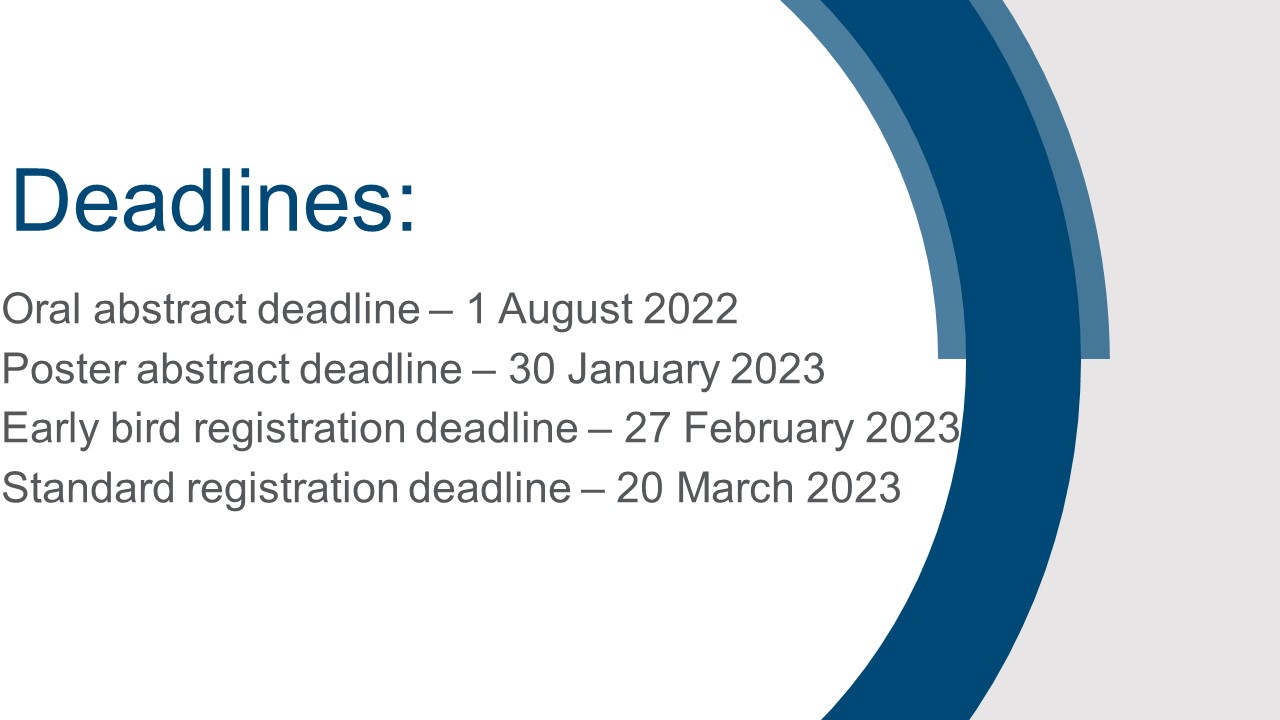Welcome
Join us in York in April 2023 for this latest addition to our Faraday Discussion series. For over 100 years and 300 meetings, Faraday Discussions have led the conversation in the sciences lying between chemistry, physics and biology. Many Discussions have become landmark meetings in their field, with their unique format allowing for in-depth discussions and opportunities to establish new collaborations.This meeting is for established and early-career scientists, post-graduate students and industrial researchers interested in non-covalent interactions. The meeting will bring together teams of physical and life scientists to discuss new developments in the understanding and control of the non-covalent intermolecular interactions that drive synthetic and catalytic processes.
Oral and poster presentation opportunities are available to all, and we invite you to submit an oral or poster abstract to make your contribution alongside leaders in the field.
On behalf of the organising committee, I look forward to welcoming you to York.
Andrew Weller
University of York and Conference Chair
Format
Faraday Discussions have a special format where primary research papers written by the speakers are distributed to all participants before the meeting, and most of the meeting is devoted to discussing the papers. All delegates at the meeting, not just speakers, have the opportunity to make comments, ask questions, or present complementary or contradictory measurements and calculations during the discussion sessions. In addition, there is a dedicated poster session where further discussion takes place. The research papers and a record of the discussion are published in the Faraday Discussion journal .Find out more about the Faraday Discussions in the video available.
Themes
This meeting aims to bring together researchers from across the physical and life sciences working in the areas of synthesis, materials and catalysis and will be of particular interest to those interested in the mechanisms of both solid-state and solution processes where non-covalent interactions are important. There will be a particular emphasis on understanding and controlling the non-covalent intermolecular interactions that drive synthetic and catalytic processes across a range of length and timescales. A common theme will be the development of new synthetic, measurement and modelling techniques that can be applied to new areas, with the overall aim of understanding and designing new efficient processes in chemistry, materials and biology. The meeting will embrace topics such as: synthetic methods that allow for control of the non-covalent environment around active sites, how these are identified and quantified, and the consequences of these interactions on structure and catalytic processes (for example rate, stability, selectivity).The Faraday Discussion will be organised into four interwoven themes to provide a holistic structure that showcases how current scientific and technological developments in the understanding and control of non-covalent interactions can be used to optimise the properties and functions of new catalysts – from across the length scales (i.e. enzyme, homogeneous and heterogeneous catalytic processes).
Make – underpinning concepts of the synthesis of systems where non-covalent interactions are important
In this session we will highlight the underpinning concepts used to synthesise systems where non-covalent interactions are important. The session will encompass systems across the length scales (from molecular to enzymes to extended solids). The key challenges here involve developing our understanding, controlling and then manipulating the various coordination spheres to produce desirable characteristics of the system (i.e. structure/activity relationships).
Measure – understanding of structural and electronic changes occurring within the relevant timescale of catalytic systems
In this session we will develop an understanding of both the structural and electronic changes that occur within the relevant timescale of catalytic systems by measuring the non-covalent interactions present and how these interactions change. Employing complementary in operando techniques simultaneously offers insight that are not possible using a single measurement techniques. The key challenges to be addressed include the structure determination of intermediates, across a wide range of timescales, with a corresponding understanding of electronic states, and the design of in situ measurement cells which are compatible with the necessary measurement and reaction conditions.
Model – state-of-the-art modelling and computational analysis of reactive sites
In this session we will look at understanding the state-of-the-art in modelling and computational analysis of reactive sites and the role that non-covalent interactions play in the dynamic processes that occur in catalytic systems. In particular, the analysis of the ultrafast dynamics of molecules, atoms and electrons; the homogeneous catalysis and metal-mediated organic synthesis; and the mechanical motion of molecular crystals. The key challenges to be addressed include the modelling of short-lived excited or transient states in photoexcitation processes, transient intermediates in catalytic reaction cycles, modelling the effect of weak and non-covalent interactions on transient states, and applying modelling to species in complex environments, e.g. crystalline frameworks.
Manipulate – techniques to manipulate the surroundings of a synthetic catalyst to control activity and selectivity
In this session we will discuss the manipulation of the surroundings of a synthetic catalyst to control the activity and selectivity displayed by the system using the non-covalent interactions involved. Such an approach mimics the working principles of enzymes, Nature’s catalysts, in which the second coordination sphere around the active site also contributes significantly to the properties of the system. We will address the methodologies to develop second coordination sphere approaches and also the current limitations/opportunities of such techniques. The key challenges to be addressed include the development of the reliable protocols for the synthesis of non-covalent systems and can the selectivity required by second coordination sphere manipulation be reliably achieved?

Useful links
- Faraday Discussion meeting FAQs Find out more about these unique meetings
- Faraday Discussions video
- Harnessing non-covalent interactions for synthesis and catalysis Faraday Discussion This issue is now live!
Downloads
- Programme
- Pre-prints - session 1
- Pre-prints - session 2
- Pre-prints - session 3
- Pre-prints - session 4










